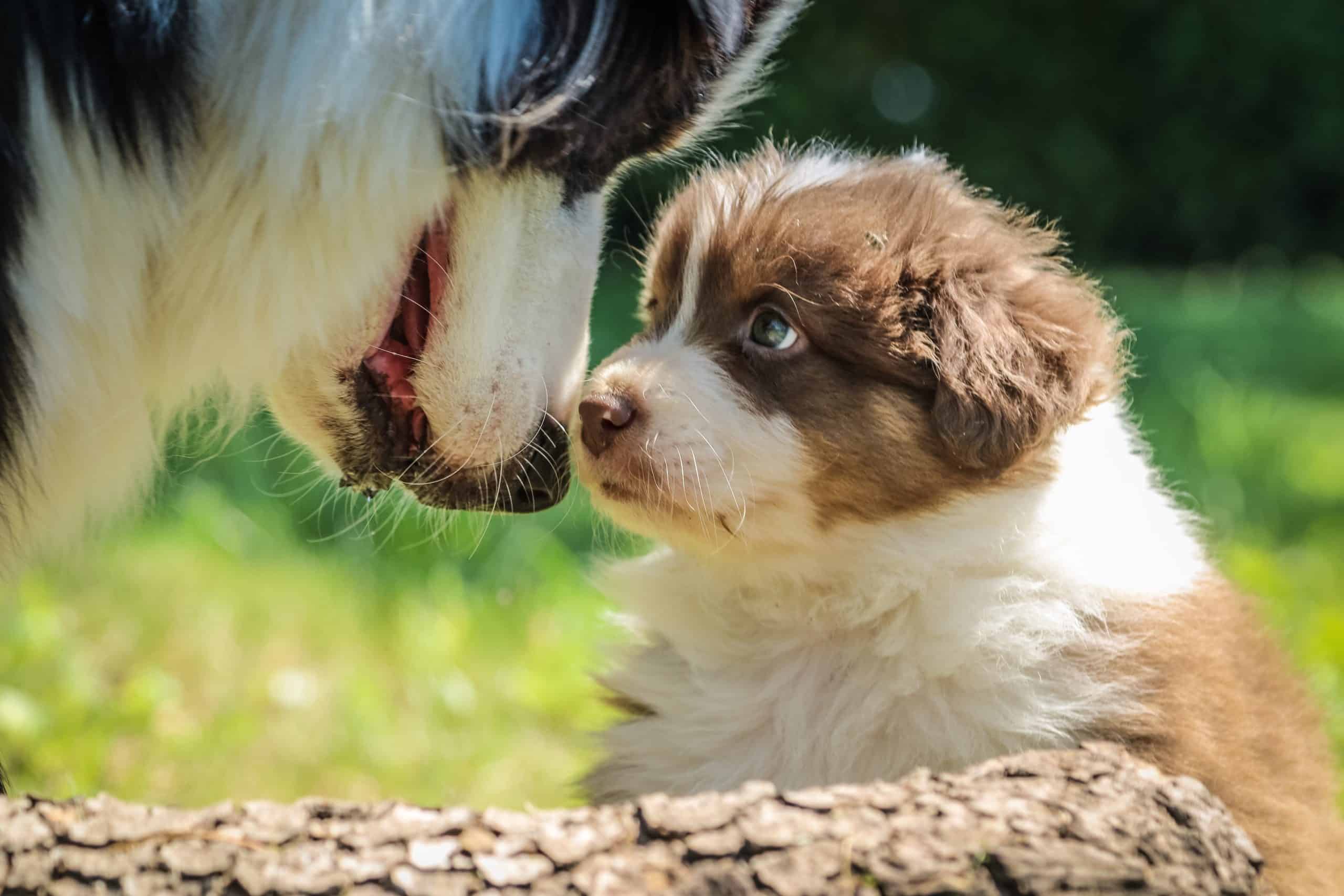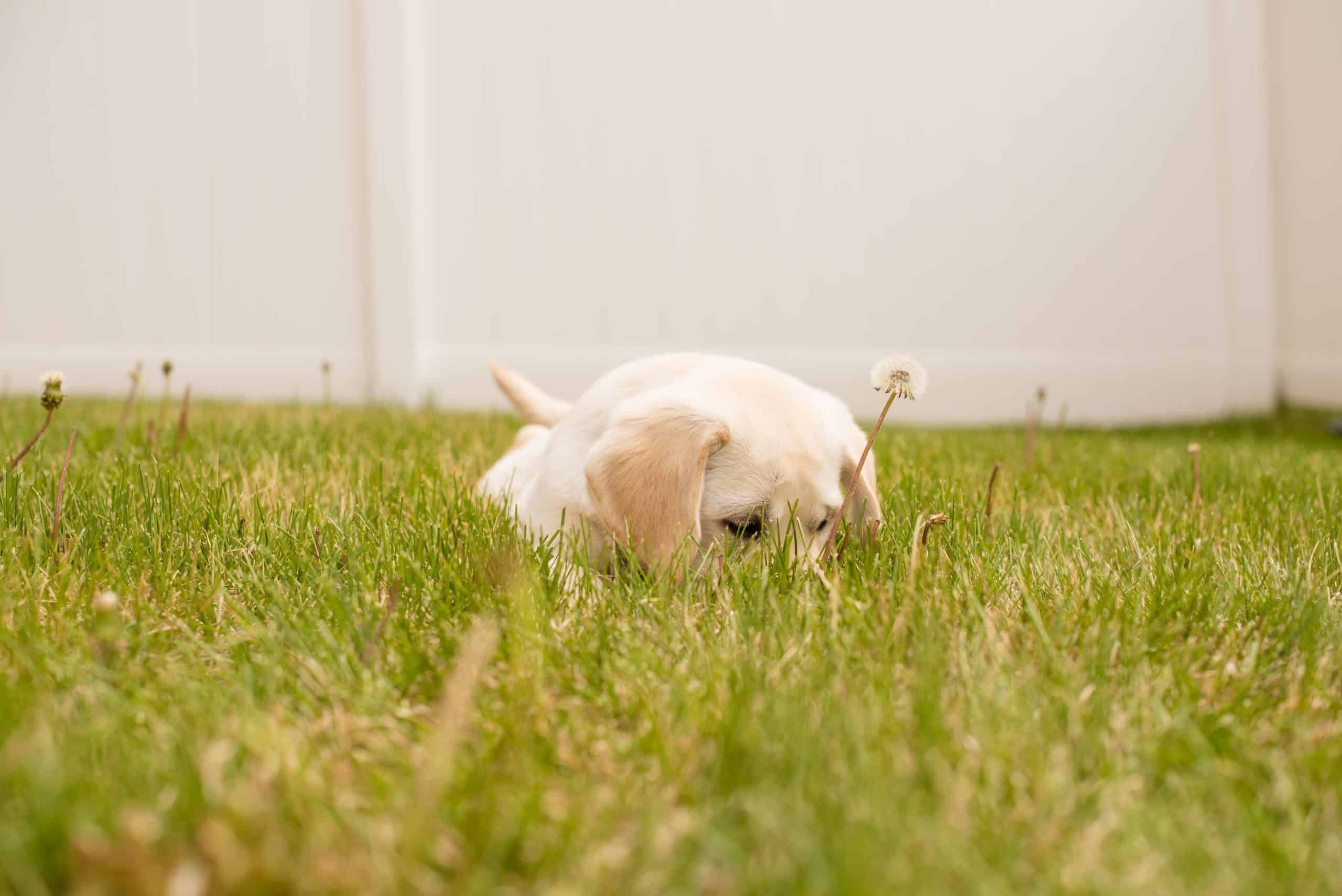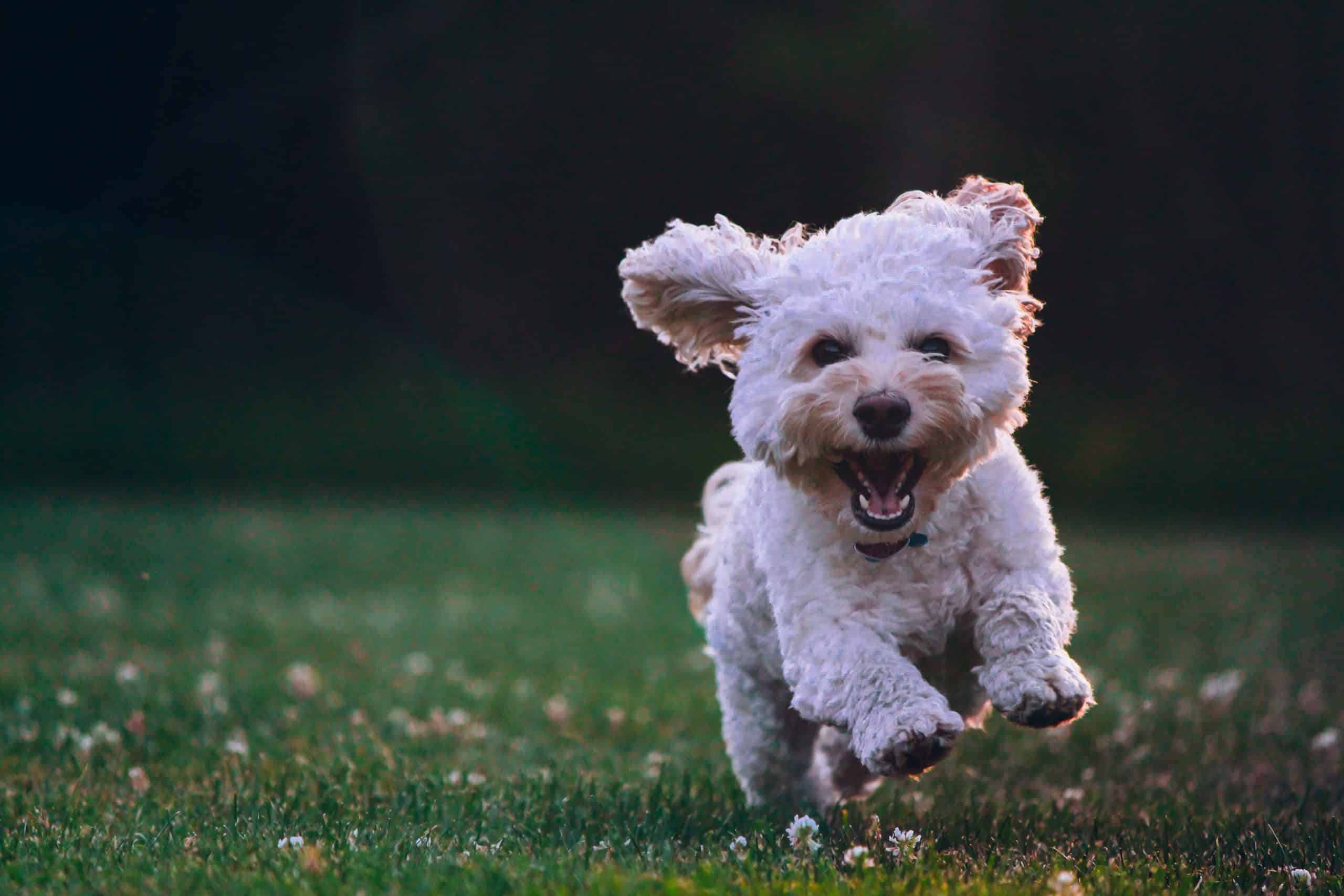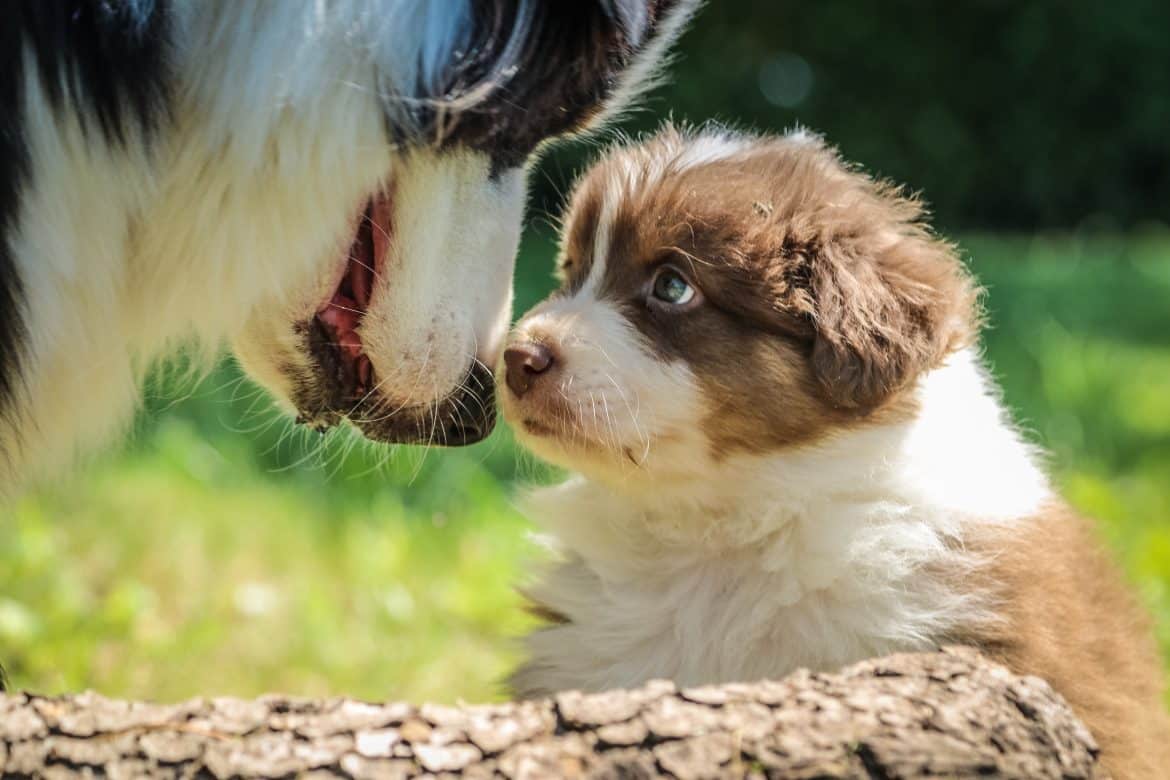Imagine having a lovable furry companion who effortlessly blends into any social gathering, eagerly wagging their tail and making new friends. This is not an unattainable dream, but rather a result of proper early training and socialization. In this article, you will discover the essential strategies and tips to ensure your puppy grows up to be a confident and well-adjusted social butterfly. From exposing them to various environments to introducing them to new people and animals, this guide will equip you with the knowledge needed to set your puppy up for a lifetime of successful social interactions. So, let's embark on this adventure together and unlock the secrets of socializing your puppy!

This image is property of images.unsplash.com.
The Importance of Socializing Your Puppy
Creating a Well-Adjusted Companion
Socializing your puppy is crucial for creating a well-adjusted and happy companion. By exposing them to various people, animals, environments, sounds, and sights, you help them develop confidence and adaptability. A well-socialized puppy is more likely to grow into a friendly, sociable adult dog who can navigate the world with ease.
Preventing Behavior Problems
One of the key benefits of socializing your puppy is the prevention of behavior problems later in life. A properly socialized puppy is less likely to develop aggression, fear, or anxiety towards people, other animals, or new situations. By introducing them to a wide range of experiences, you reduce the likelihood of them developing negative behaviors in response to unfamiliar stimuli.
Encouraging Confidence and Fearlessness
Socializing your puppy from an early age helps build their confidence and instills a sense of fearlessness. By exposing them to different environments, people, and animals, you teach them that new experiences are not something to be feared but rather something to be embraced. This confidence will benefit them throughout their lives, making them more adaptable and resilient in the face of change.
When to Start Socializing
The Critical Socialization Period
The critical socialization period for puppies generally occurs between 3 to 14 weeks of age. During this time, puppies are most receptive to new experiences and are more likely to form positive associations. It is crucial to expose them to various stimuli during this period to ensure they are well-adjusted and confident in the future.
Early Socialization Benefits
Starting socialization early offers numerous benefits for your puppy. Early exposure to different environments, people, and animals helps them develop positive associations, builds their confidence, and prevents behavior problems. By starting socialization during the critical period, you set them up for success in their future interactions and experiences.
How to Socialize Your Puppy
Positive Experiences
When socializing your puppy, it is essential to create positive experiences. Introduce them to new things gradually, ensuring they feel safe and comfortable throughout the process. Reward their brave behavior with treats, praise, and playtime. Positive reinforcement is key to encouraging them to view socialization as a fun and rewarding experience.
Gradual Exposure
Socialization should occur gradually, starting with less overwhelming situations and progressively increasing the level of exposure. Be patient and monitor your puppy's reactions closely. If they become anxious or fearful, take a step back and provide support. Gradual exposure allows them to become familiar with various stimuli at a pace they can handle, promoting positive associations.
Introducing New Environments
Expose your puppy to different environments to help them become adaptable. Take them for walks in the park, visit different neighborhoods, and introduce them to various indoor and outdoor settings. This exposure helps them learn how to navigate and feel at ease in different surroundings, reducing anxiety and fear.
Meeting Different People
Introduce your puppy to a wide range of people, including men, women, children, and individuals wearing different clothes or accessories. Encourage friendly interactions and provide positive reinforcement for calm and polite behavior. This exposure helps your puppy develop positive associations with different types of people and decreases the likelihood of fear or aggression towards unfamiliar individuals.
Interaction with Other Animals
Socializing your puppy with other animals is crucial for their development. Arrange supervised playdates with dogs of different sizes, ages, and temperaments. This interaction helps them learn appropriate canine communication and builds their confidence in socializing with other dogs. Additionally, consider introducing them to cats and small animals, teaching them to be respectful and gentle in their interactions.
Exposing to Different Sounds
Exposing your puppy to different sounds is an essential part of their socialization. Play recordings of various noises such as thunder, fireworks, sirens, vacuum cleaners, and doorbells. Start at a low volume and gradually increase it as they become more comfortable. By desensitizing them to different sounds, you help prevent fear or anxiety-related reactions in the future.
Adapting to Various Sights and Surfaces
To ensure your puppy becomes comfortable with various sights and surfaces, expose them to a wide range of visual stimuli and different types of terrain. Take them for walks in different locations, such as parks, city streets, and beaches. Allow them to explore different surfaces like grass, concrete, sand, and gravel. This exposure helps them develop confidence and adaptability.
Ensuring Safe and Secure Interactions
Throughout the socialization process, it is essential to prioritize your puppy's safety and well-being. Ensure all interactions with people and animals are supervised and controlled. Choose suitable environments where your puppy can interact safely, especially during their early stages of development. This approach will help prevent any negative experiences that could lead to fear or aggression.
Socializing at Home
Positive Reinforcement Training
Socializing your puppy at home begins with positive reinforcement training. Teach them basic commands such as sit, stay, and down, rewarding them with praise and treats when they respond correctly. This training establishes a foundation of trust and communication between you and your puppy, making socialization easier and more effective.
Socializing with Family Members
Involve all family members in the socialization process to ensure your puppy becomes comfortable with a variety of individuals. Have each family member spend time interacting and playing with the puppy regularly. This exposure helps your puppy form positive associations with different family members and promotes a sense of belonging within the household.
Introducing Household Objects
Expose your puppy to various household objects to familiarize them with day-to-day items. Allow them to explore and interact with objects such as vacuum cleaners, brooms, and kitchen appliances. This exposure helps them realize that these objects are harmless and reduces the likelihood of fear or anxiety-related behavior.
Getting Familiar with Everyday Activities
Include your puppy in everyday activities to help them become acclimated to common experiences. Involve them in activities like meal preparation, cleaning, and watching television. This exposure helps them understand and feel comfortable in the context of typical household routines.
Establishing Routine and Boundaries
Establishing a routine and setting clear boundaries is essential in socializing your puppy. Provide consistent meal times, playtimes, and training sessions. Set rules and boundaries regarding behavior, ensuring that your puppy understands what is expected of them. Consistency and structure help create a sense of security, leading to a well-adjusted and obedient companion.

This image is property of images.unsplash.com.
Socializing Outside the Home
Visiting Friends and Family
Visiting friends and family is an excellent way to expose your puppy to different environments and people. Arrange visits to the homes of trusted friends and family members, allowing your puppy to interact with a variety of individuals in a controlled setting. This exposure helps them become comfortable in different households and with different people.
Attending Puppy Socialization Classes
Puppy socialization classes provide a structured and supervised environment for your puppy to interact with other dogs and people. These classes typically focus on basic obedience training, as well as providing opportunities for supervised play and socialization. Attending these classes helps your puppy develop appropriate social skills and behavior.
Trips to Pet-Friendly Places
Take your puppy to pet-friendly places such as pet stores, outdoor cafes, or dog-friendly parks. These outings expose them to different sights, sounds, and smells in a controlled and safe environment. When exploring pet-friendly places, ensure your puppy is on a leash and follow any rules or regulations in place.
Exploring Parks and Nature
Spending time with your puppy in parks and nature allows them to experience the outdoors and encounter new stimuli. Take them for walks in parks, hikes in nature reserves, or trips to the beach. Allow them to explore and interact with different smells, sights, and sounds. These experiences contribute to their overall socialization and help them develop a love for the great outdoors.
Navigating Urban Environments
Teaching your puppy to navigate urban environments is an essential part of their socialization. Introduce them to busy streets, traffic noises, and crowds in a controlled manner. Start with quieter areas and gradually progress to busier locations, ensuring your puppy feels safe and secure at every stage. This exposure helps them become comfortable and confident in urban settings.
Encountering Busy Public Spaces
Exposing your puppy to busy public spaces prepares them for encounters with crowds and high levels of activity. Take them to events such as farmers markets, festivals, or outdoor concerts. Gradually expose them to the sights, sounds, and hustle and bustle of public spaces, making sure they feel secure and supported throughout the experience.
Dealing with Various Situations
Overcoming Fear and Anxiety
If your puppy shows signs of fear or anxiety during socialization, it is essential to provide support and create positive associations. Take a step back and expose them to the fearful stimulus at a distance or intensity level they can cope with. Use positive reinforcement, praise, and treats to reward calm and relaxed behavior. Consult with a professional dog trainer or behaviorist if fear or anxiety persist.
Handling Aggressive Behavior
Dealing with aggressive behavior during socialization requires caution and professional guidance. If your puppy displays signs of aggression towards people or other animals, seek the assistance of a qualified dog trainer or behaviorist. They can help you address the underlying causes and develop a behavior modification plan to manage and modify aggressive tendencies.
Addressing Separation Anxiety
Socializing your puppy includes preparing them for periods of separation and preventing separation anxiety. Gradually teach them to be alone for short periods of time, gradually increasing the duration. Create a comfortable and safe space for them when left alone, providing toys and treats to occupy their time. Consulting with a professional if your puppy displays excessive distress or anxiety-related behaviors when left alone.
Dealing with Excessive Shyness
If your puppy is excessively shy or fearful, socialization is crucial for building their confidence. Focus on gradual exposure to new stimuli and provide a supportive environment. Make sure interactions are positive and rewarding, using treats and praise to encourage brave behavior. If excessive shyness persists, consult a professional to address the underlying causes and develop a behavior modification plan.

This image is property of images.unsplash.com.
Socializing with Other Animals
The Benefits of Interacting with Other Dogs
Interacting with other dogs is essential for your puppy's social development. It helps them learn appropriate canine communication, develop social skills, and build confidence when interacting with their own species. Interaction with friendly and well-socialized dogs provides important learning experiences and contributes to their overall socialization.
Supervised Playdates and Dog Parks
Arrange supervised playdates with other dogs to provide opportunities for your puppy to socialize and play in a controlled environment. Choose dogs with known friendly temperaments to ensure positive interactions. Dog parks can also be great places for your puppy to socialize, but always monitor their behavior closely and be aware of any signs of aggression or fear.
Meeting Cats and Small Animals
Introducing your puppy to cats and small animals is beneficial for their socialization. Supervised introductions with well-behaved and tolerant cats help your puppy learn appropriate interactions. Gradual exposure to small animals such as rabbits or guinea pigs can also teach your puppy to be gentle and respectful in their presence.
Introducing to Livestock or Horses
If you live in an area with livestock or have access to horses, it can be valuable to introduce your puppy to these animals. It helps them become accustomed to their presence and develop appropriate behavior around them. Always ensure the safety of both your puppy and the animals, and consider seeking guidance from professionals experienced in training and handling livestock or horses.
The Role of Socializing in Training
Building a Strong Foundation
Socializing your puppy plays a crucial role in building a strong foundation for training. By exposing them to various stimuli, you help them develop a confident and adaptable mindset, making them more receptive to training. A well-socialized puppy is likely to approach training sessions with enthusiasm and a willingness to learn.
Improving Obedience and Recall
A well-socialized puppy is more likely to exhibit better obedience and recall skills. Through socialization, your puppy learns to respond positively and obediently to commands in various environments and situations. This adaptability and responsiveness enhance their ability to follow instructions and come when called.
Enhancing Handling and Grooming
Socializing your puppy includes exposing them to handling and grooming experiences. Regularly handle their paws, ears, and mouth to familiarize them with these types of touch. Introduce them to gentle grooming sessions, gradually increasing the duration and complexity. By doing so, you foster positive associations with handling and grooming, making these activities less stressful for both of you.
Helping with Leash Training
Socialization contributes to successful leash training. By exposing your puppy to different environments and gradually introducing them to leash walking, they learn to walk confidently and calmly on a leash. Leash training is an important skill that allows you to safely and comfortably explore the world together.
Aiding in Problem Behavior Prevention
Socializing your puppy from an early age helps prevent problem behaviors before they develop. By introducing them to various stimuli, you reduce the likelihood of fear, aggression, or anxiety-related behavior problems. A well-socialized puppy is more likely to grow into a well-behaved and balanced adult dog.
Challenges and Considerations
Finding Time for Socialization
Socializing your puppy requires dedicated time and effort. Finding the time to expose them to various experiences may be challenging, but it is crucial for their development. Plan socialization activities into your daily routine, allocate specific time slots for training and outings, and involve other family members or friends in the process.
Balancing Exposure and Safety
Finding the right balance between exposure and safety is crucial during socialization. While it is important to expose your puppy to a variety of stimuli, it should always be done in a safe and controlled manner. Prioritize their well-being and monitor their reactions closely to avoid overwhelming or traumatic experiences.
Tailoring to Breed and Individual Characteristics
Different breeds and individual puppies may have varying socialization needs. Some breeds may require more extensive socialization due to specific temperamental traits. Additionally, each puppy has its own unique personality, which may influence their responses during socialization. Tailor the socialization process to suit your puppy's specific breed characteristics and individual needs.
Working with Rescue or Older Puppies
Socializing rescue or older puppies may require additional patience and understanding. These puppies may have had limited socialization experiences or may have experienced trauma in the past. Take things slow, build trust gradually, and seek guidance from professionals experienced in working with rescue or older dogs.
Managing Health and Vaccination Requirements
Socializing your puppy should be done in accordance with their health and vaccination requirements. Ensure your puppy's vaccinations are up to date before exposing them to public spaces or interactions with unfamiliar dogs. Consult with your veterinarian to determine the appropriate timing and precautions for socialization based on your puppy's health status.
Understanding Genetic Predispositions
Genetic predispositions can influence your puppy's behavior and temperament. Understanding their breed's characteristics and potential predispositions can help you anticipate and address specific socialization needs. Consult with breed experts or professionals to gain insight into your puppy's particular genetic traits and how best to support their social development.
Maintaining Socialization throughout Life
Continuing Social Exposure
Socializing your puppy is an ongoing process that should continue throughout their life. While the critical socialization period occurs during their early months, it is important to continue exposing them to new experiences, people, animals, and environments as they grow older. Regular social exposure helps keep their social skills sharp and ensures they remain confident and well-adjusted.
Participating in Ongoing Training
Participating in ongoing training classes or activities with your dog is an excellent way to maintain and reinforce their socialization. Reinforce their training and social skills by participating in obedience classes, agility training, or other organized activities. These opportunities provide mental stimulation, reinforce positive behaviors, and promote continued socialization.
Incorporating Mental Stimulation
Socialization is not limited to physical experiences but also includes mental stimulation. Incorporate activities that challenge your dog's mind and encourage problem-solving. Interactive toys, puzzle games, and obedience training sessions all provide mental stimulation and contribute to their overall social development.
Adapting to New Environments or Changes
Life is full of changes, and your dog must learn to adapt. Exposing your dog to new environments, people, and experiences as they arise helps them build resilience and adaptability. By continuing to socialize them throughout their life, you ensure they can navigate and embrace new situations with confidence.
Monitoring and Addressing Behavior Changes
Keep a close eye on your dog's behavior and address any changes or issues promptly. If you notice a sudden increase in fear, aggression, or anxiety, consult with a professional to address the underlying causes and develop a suitable behavior modification plan. Regular monitoring and prompt intervention contribute to a well-adjusted and socially confident companion.
In conclusion, socializing your puppy is an essential part of their development and lays the foundation for a well-adjusted and happy adult dog. By providing a range of positive experiences, gradual exposure, and ongoing social exposure, you help your puppy become adaptable, confident, and resilient in the face of new situations. Remember to prioritize their safety, tailor the socialization process to their specific needs, and consult with professionals when necessary. Socializing your puppy is an investment in their overall well-being and sets them up for a lifetime of positive interactions and experiences.


